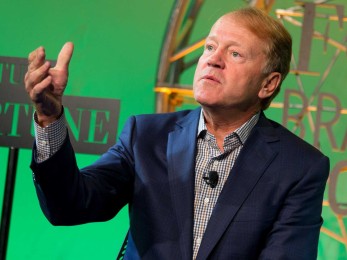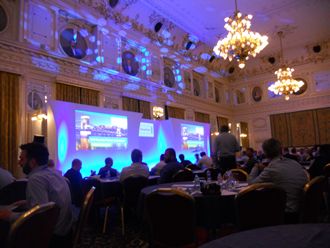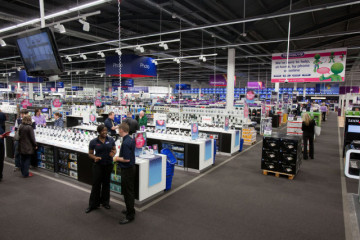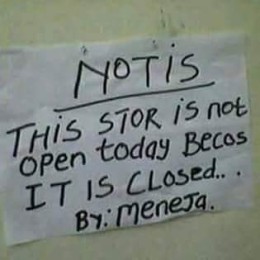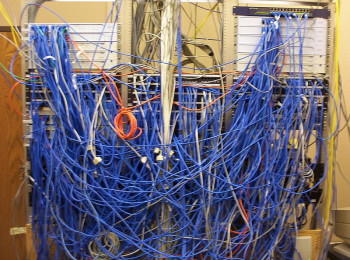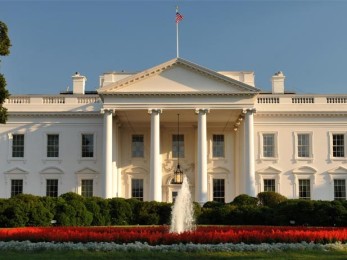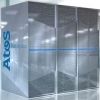 A report from digital security outfit Gemalto has found that the device manufacturing industry is embracing software over hardware as its primary business model.
A report from digital security outfit Gemalto has found that the device manufacturing industry is embracing software over hardware as its primary business model.
The change highlights how crucial software is becoming to device manufacturers, in improving business performance and growing revenue. And, as end-users begin to demand more options and control of their devices and data, entire industries are being forced to change their business models and strategies to cater to their customers.
According to Gemalto’s ‘How Software is Powering the Hardware Renaissance‘ report, the majority (84 percent) of organisations in the sector are changing how they operate. More than 37 percent have already made a full shift to a software-centric business model, one that places software at the core of how a company delivers value and generates revenue.
The research also found that 94 percent of respondents have increased their investment in software development in the last five years. Germany is leading the charge. All German organisations questioned have boosted their software-based services over this time; with France second (98 percent) and the US (93 percent) in third.
Hardware technology companies are already reaping substantial benefits – of those that have changed their models, the average increase in revenue has been 11 percent. They expect further growth in the next five years, with the revenue from software projected to rise from 15-18 percent.
As well as revenue growth, businesses that have moved to software-based selling have seen other benefits. Over eight in 10 have driven diversity in hardware with software features (86 percent), implemented remote feature upgrades (84 percent) and improved customer experience (84 percent). Businesses also report having a more flexible strategy that allows them to adapt to market change (79 percent), better control copy protection (76 percent) and being more competitive (73 percent).
These changes are also having a positive impact on employees. The majority of businesses have retrained their employees (64 percent) and hired new ones (58 percent), with 61 percent also revealing they have or intend to reshuffle employees into different roles.
With businesses starting to see the potential of the IoT, software-based business models are generating commercial benefits. Around nine in 10 respondents believe IoT is driving growth in the industry and that IoT itself is a chance to change their company’s business model (85percent). Enabling automated upgrades (61percent), remote support (57 percent), collecting usage analytics (54 percent) and gathering increased and higher quality customer insights (53 percent) are the main benefits businesses see IoT enabling.
Changing from hardware to a software-based selling model isn’t without challenges. When it comes to practicalities, almost all organisations (96 percent) that have changed, or are changing, have experienced some difficulties in making the transition work.
Looking at the challenges faced in more detail, half of the respondents reported that they needed to hire staff with different skills. Around one in three said solutions evolved organically without a central strategy (36 percent) and managed new sales and operational methodologies with old legacy processes (34 percent), caused challenges in the transition.
Gemalto Senior Vice President, Software Monetisation Shlomo Weiss said: “The results of this survey validate what we see on a daily basis with our customers as we help them make this transition. Companies who adopt software-based revenue models will reap three main benefits: long-term relationships with their customers, predictable revenue streams and a clear competitive advantage. From gaining insight into product usage, to pay-per-use payment structures and on to new market penetration – all the companies we surveyed identified a real need to transform how they do business.”
